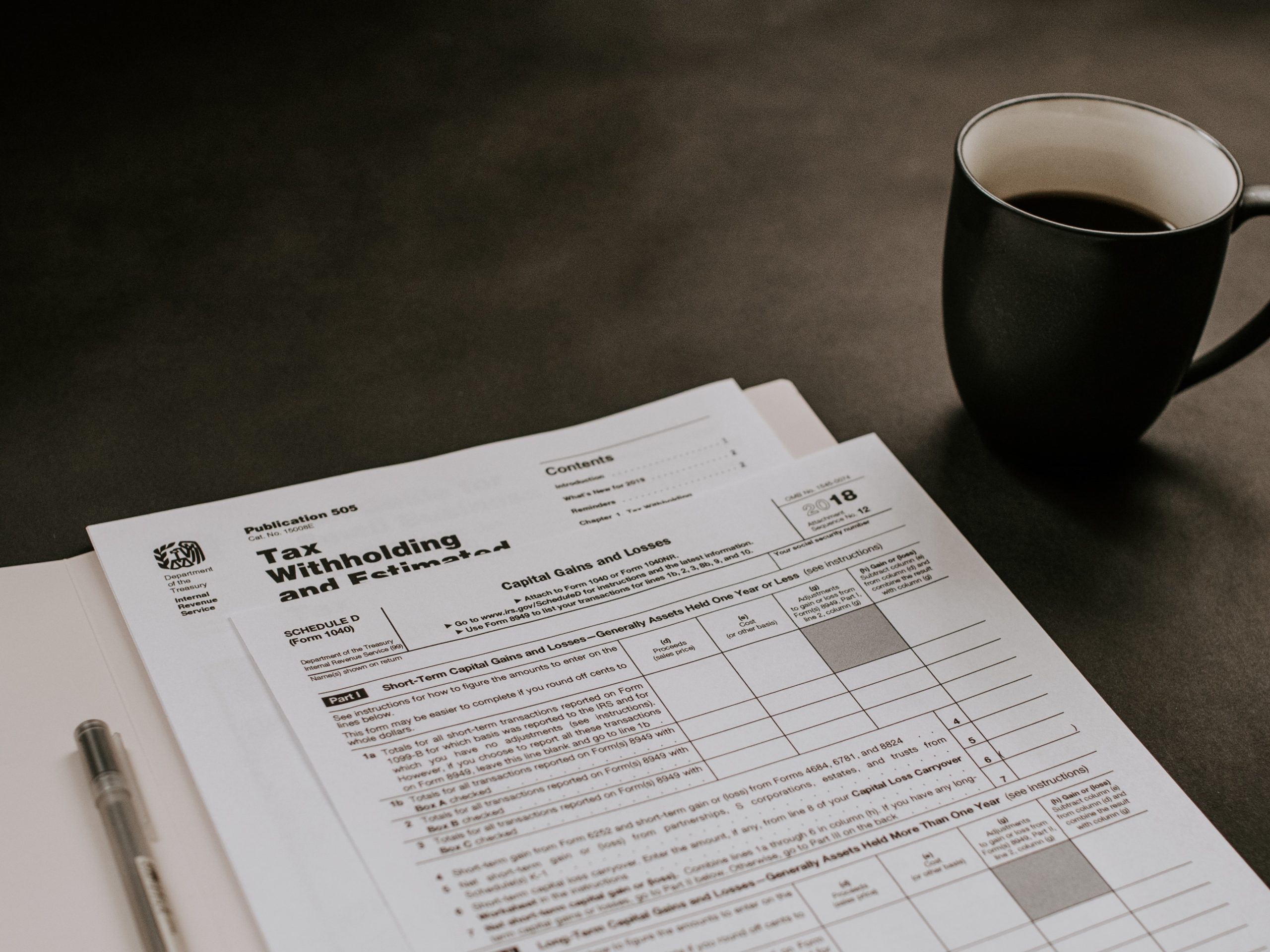
6 Tasks Bookkeepers Do + Why to Hire a Bookkeeper for Your Small Business
Reconcile Your Accounts
One of the most important services a bookkeeper will provide your business with is the reconciliation of your bank accounts. This task entails making sure that your internal accounting software transactions match those detailed on your bank statements. The regular reconciliation of your accounts will help your business avoid fraudulent charges, overdraft fees, or incorrectly recorded transactions.
Handle Bank Feeds
At a basic level, your bookkeeper should handle the transactions brought in through your bank feed. Bank feeds link your accounting software to your business’s bank accounts. This linkage allows you to see your business’s transactions in real-time.
Manage Accounts Receivable and Payable
Your bookkeeper will manage your accounts receivable and accounts payable. Creating invoices, sending them to you, providing statements, and assisting in collections are all part of the management of accounts receivable. The bookkeeper will also handle vendor bills as well as making note of payment deadlines from each vendor, early payment discounts, and submit payment to the vendor as part of the management of accounts payable. Properly managing your accounts payable and receivable is important for maintaining positive relationships with suppliers and keeping positive trade credit terms.
Prepare Financial Statements
Your bookkeeper will also prepare your business’s financial statements including the profit and loss statement, balance sheet, and cash flow statement. As a general rule of thumb, you should have your statements updated each month and again at the end of the year. The profit and loss statement details your business’s net operating income or losses and operating expenses. Your assets and liabilities can be found on the balance sheet, and the cash flows statement shows any cash flowing into or out of your business.
Process Payroll
Bookkeepers can also fulfill the functions of human resources in the form of processing payroll. This encompasses the processing of paychecks, tax payments and forms, inputting and tracking payroll data, and managing timesheets or overtime.
Analyze Trends for Streamlining Accounting
Your bookkeeper is also responsible for staying up to date with the latest technologies and processes for financial accounting, especially those specific to your industry. They will also track industry trends and look for ways to cut costs and streamline your business.
What Does This Mean for Your Business?
By hiring a bookkeeper, you are handing off a set of tasks to someone who is trained to do them and allowing yourself to focus on your core business needs and goals. You a freeing up time to devote to strategizing, marketing, and other operational tasks. Additionally, outsourcing to a bookkeeper ensures that your books, financial statements, taxes, etc. will be taken care of on time and according to the law by a professional. As you may not have a background in finance, it is better to hire someone that does. That way, your business is less likely to make mistakes.
Most importantly, your bookkeeper should be an asset to your company. The service they provide should help maintain, improve, and build your business.
Questions? Ready to hand off your small business bookkeeping to a team of experts? Give Yeater & Associates Greeley bookkeeping specialists a call to learn more – 970-378-4830.
Comments are closed.




[…] Some of the roles a bookkeeper can play are to […]